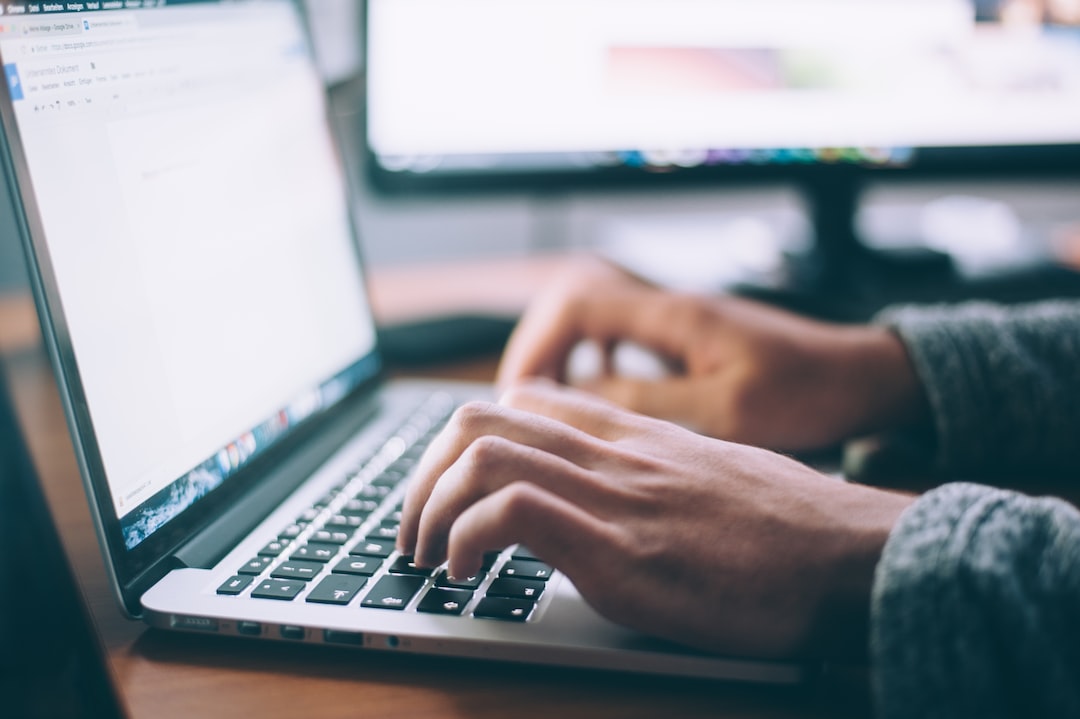Anxiety is a pervasive mental health condition that affects millions of people around the world. It is characterized by feelings of worry, nervousness, and fear. In severe cases, anxiety can significantly disrupt a person’s daily life, causing insomnia, digestive issues, and relationship problems. But, there are many ways to deal with anxiety effectively. Here are the best ways to manage anxiety and improve your quality of life.
1. Cognitive Behavioral Therapy
Cognitive Behavioral Therapy (CBT) is a psychotherapeutic treatment that helps people become more aware of their negative thoughts and emotions, and teaches them how to cope with them. CBT is highly effective in reducing the symptoms of anxiety disorders like panic disorder and generalized anxiety disorder. This type of therapy helps people identify the triggers of their anxiety and teaches them how to respond to them in a more positive way.
2. Mindfulness Meditation
Meditation is a powerful tool to manage anxiety. By focusing on the present moment and letting go of negative thoughts about the past or the future, meditation can help you calm your mind and reduce stress. Mindfulness meditation is a popular form of meditation that involves paying attention to your thoughts, emotions, and surroundings without judgment. Regular practice of mindfulness meditation can help you become more aware of your negative thoughts and emotions and learn to let them go.
3. Exercise
Exercise is a natural anxiety relief that releases endorphins and reduces cortisol, the stress hormone. By engaging in regular physical activity like walking, running, or yoga, you can alleviate symptoms of anxiety. Exercise can also be a good distraction from your worries and offer a sense of control over your body. Try to incorporate at least 30 minutes of exercise into your daily routine.
4. Natural Remedies
Many natural remedies can help reduce anxiety symptoms. Herbal supplements like chamomile and valerian root have been found to reduce anxiety symptoms in some people. Essential oils like lavender and bergamot can also have a calming effect on the mind and body. Aromatherapy is a popular way to use essential oils for anxiety relief. Be sure to consult a healthcare professional before trying any natural remedies.
5. Breathing Techniques
Deep breathing is a simple yet effective way to calm your mind and reduce anxiety. It can be done anytime, anywhere, and requires no special equipment. By taking deep, slow breaths, you can activate the parasympathetic nervous system, which slows down your heart rate and relaxes your body. Try practicing deep breathing daily for a few minutes to calm your anxiety symptoms.
In conclusion, anxiety can be challenging to deal with, but there are many effective ways to manage it. Cognitive Behavioral Therapy, mindfulness meditation, exercise, natural remedies, and breathing techniques are all excellent options for reducing anxiety symptoms. By incorporating these practices into your daily routine, you can alleviate your anxiety and improve your overall well-being. Remember to consult a healthcare professional before trying any new anxiety treatment.

